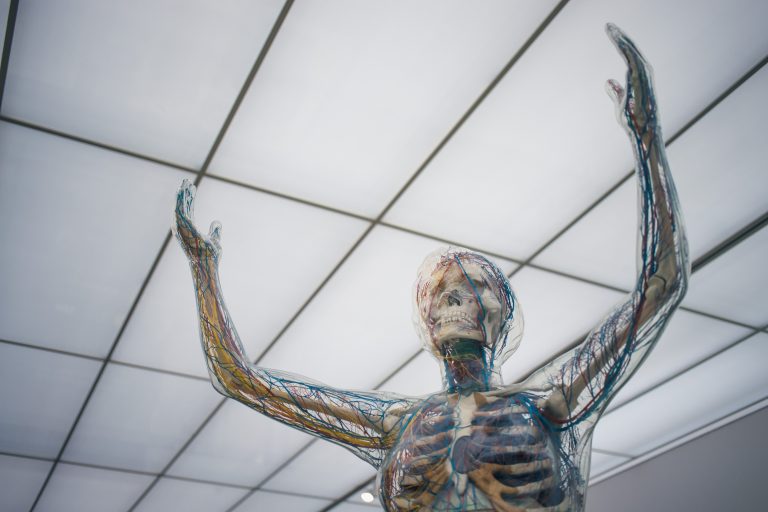“Who even am I?”
It’s a big question — one that pops up regularly through the course of life, and there may be times where it feels like it’s on a constant loop in the background. Identity is about more than just labels or categories — it’s how we understand ourselves, how we relate to others, and how we find our place in the world.
But what happens when that sense of self feels confusing, fragile, or constantly shifting? There is an essential connection between identity and mental health, and here, we’ll explore that what identity really means, reminding ourselves that it’s okay not to have everything figured out, and how to begin navigating it all without getting totally overwhelmed.
What is Identity?
First, let’s break down what identity really means. Identity breaks down to the core building blocks of what makes you who you are. Essentially, it is your internal answer to the question: “Who am I?”
It might include things like:
- Your gender and sexuality
- Your culture, ethnicity or religion
- How your brain works (neurodiversity, learning styles, mental health)
- Your values, interests, passions — what really matters to you.
Certain parts of your identity are ever evolving, and exploration is key when thinking about finding our identity. However, if that exploration feels unsafe or unsupported, it can have a real impact on mental health. Feeling like you must hide parts of yourself, change to fit in, or carry shame for who you are can lead to anxiety, low
Mental Health and Identity:
Struggling with questions around our own identity can have meaningful impact on our mental health. By knowing the signs and feeling able to recognise when something feels “off”, it makes it easier to know when and how to reach out for support.
Everyone’s experience is different, but if you’re finding it hard to connect with who you are, it might show up in ways like:
- Feeling disconnected from yourself or unsure what you enjoy anymore
- Constantly comparing yourself to others or feeling like you don’t “measure up”
- Changing how you act around different people just to fit in
- Feeling low, anxious, irritable or empty without knowing exactly why
- Worrying something is “wrong” with you for being different

When the World Makes It Harder:
Identity doesn’t form in a vacuum. We are always receiving messages from our environment that help shape us and our identities. These messages can come from family, school, culture, social media, and even friend groups. Sometimes, it can feel like our identity is being shaped for us, which can feel constricting and unhelpful as we try to navigate who we want to be.
You might be dealing with:
- Pressure to conform or “pick a box” before you’re ready
- Cultural or religious expectations that conflict with how you feel
- Lack of representation – not seeing people like you in the media or around you
- Discrimination or judgment, which can lead to shame or self-doubt
When those around you don’t reflect or accept who you are, it’s easy to start questioning your worth.

Tips for Exploring Your Identity Safely:
If you’re feeling curious about your identity but unsure where to start, remember, you don’t need all the answers right now. Identity can shift and evolve throughout your life. But here are some ways to gently explore and support your sense of self:
- Write about it – journaling can help you process thoughts and feelings that feel tangled in your head
- Engage in creative expression – music, art, fashion, or writing can give you space to express parts of yourself that don’t fit into words
- Talk to someone who feels safe – a trusted adult, therapist or friend can offer perspective and validation
- Find community – online spaces, support groups or clubs where people “get it” can help you feel less alone
- Unfollow pressure – curate your social media to include more voices that make you feel seen, not scrutinised
Final Thoughts:
At TRC, our team of therapists are here to support you with whatever you’re carrying — whether it’s questions about identity, struggles with your mental health, or just wanting to feel a bit more you. You’re allowed to take up space exactly as you are, even if you’re still figuring that out.
Author: Paige Wilson
Psychotherapist





